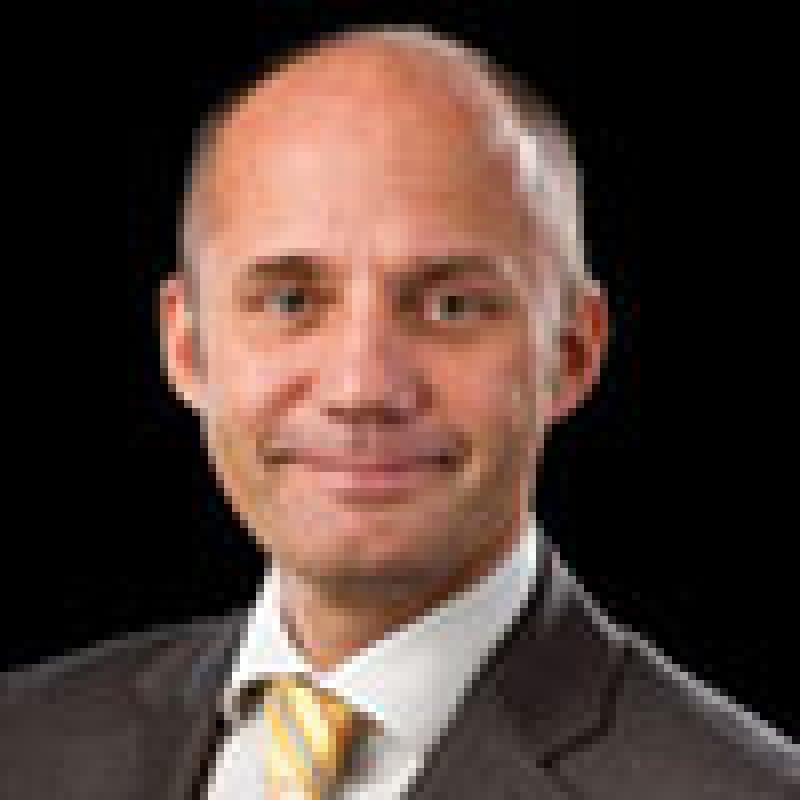Sweden is a country well-known for its many industries and innovations and is in fact among the top five PCT filers per capita in the world. An invention is per definition a sensitive IP asset that needs to be taken care of properly. There are a number of strategic routes to choose between: should the invention be kept secret, should it be published for prophylactic purpose or should a patent application be filed? In this process of handling an IP asset many different stakeholders are involved in order to find the best strategic route. It is of great importance that discussions between an advisor, such as a patent attorney, and a client are kept secret and that a third party is hindered from accessing such information. For example, it could be especially important to keep secret previous assessments of patentability in a discovery process during a dispute.
The possibility to keep correspondence between an adviser and a client secret is often referred to as attorney-client privilege. In some jurisdictions the attorney-client privilege is by law granted only to an attorney-at-law being a member of a Bar association (Advokatsamfundet in Sweden) or the like, also called an advokat (Sweden). The situation is sometimes different for a patent attorney who is not by law granted the same possibility of attorney-client privilege. There are however exceptions.
A patent attorney is an engineer trained in certain legal matters with the possibility to get authorisations. Some authorisations grant the patent attorney a similar possibility of attorney-client privilege as the advokat for certain matters. For example, a European patent attorney (EPA) is granted attorney-client evidentiary privilege from disclosure in proceedings before the European Patent Office (EPO). This refers for example to assessment of patentability and validity as well as for the preparation of European patent applications. But what happens if the case relates to matter in a different jurisdiction than before the EPO?
Since 2010 Sweden has a law that governs the authorisation of Swedish patent attorneys under the organisation Patentombudsnämnden. The law stipulates attorney-client privilege for authorised Swedish patent attorneys. Sweden is actually alone among the Scandinavian countries to explicitly grant a patent attorney such privilege. The law puts an authorised Swedish patent attorney on an equal footing with an advokat for patent-related matters. It should be noted that also attorneys-at-law can be authorised Swedish patent attorneys. Hence, in Sweden sensitive patent information need not be run through an advokat in order to safeguard client-attorney privilege, but may be handled directly by an authorised Swedish patent attorney.

|
Peter Ekwall |
ZaccoArne Jacobsens Alle 15DK-2300 Copenhagen S DenmarkTel: +45 39 48 80 00Fax: +45 39 48 80 80contact@zacco.comwww.zacco.com










